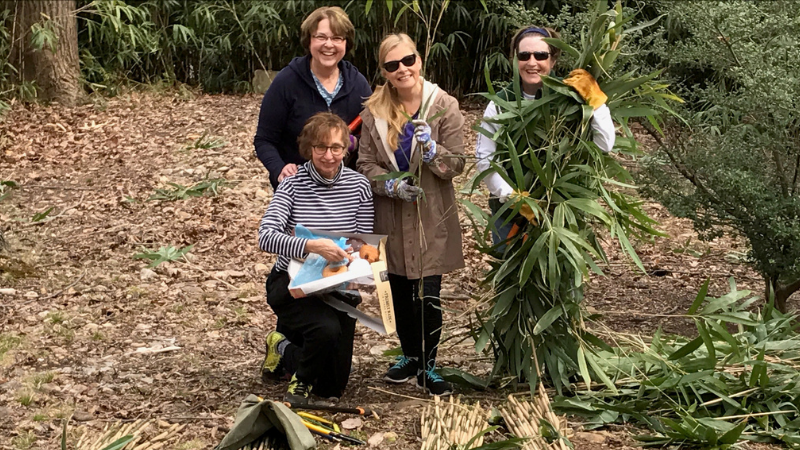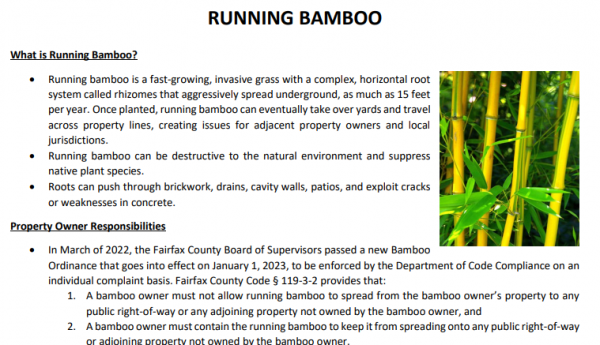Diversion First
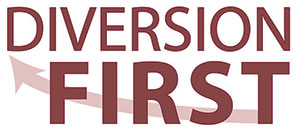 Diversion First is a more efficient use of public resources designed to:
Diversion First is a more efficient use of public resources designed to:
- Prevent repeat encounters with the criminal justice system.
- Improve public safety.
- Promote a healthier community.
The goal is to intervene whenever possible to provide assessment, treatment or needed supports.
Do you need help for yourself or someone you know with a mental health issue or substance use disorder?
9-1-1
Call: 9-1-1
Text: 9-1-1
Request a CIT-trained officer to respond.
Regional Crisis Call Center and Textline
Call: 9-8-8 or 703-527-4077 | TTY: 711
Text: "CONNECT" to 855-11
CSB Emergency Services
Call: 703-573-5679 | TTY: 711
Fairfax Detoxification Center
Call: 703-502-7000 | TTY: 703-322-9080
For non-emergencies: Call the CSB Entry & Referral Services at 703-383-8500 or come directly to the Sharon Bulova Center for Community Health.
How Diversion First Helps
- Intervening at the earliest point possible to de-escalate situations and avoid arrest.
- Too many people are in jail due to mental health issues. Jail is not the appropriate place to provide mental health treatment.
- There is a need to prevent the incarceration of people with intellectual/developmental disabilities.
- It’s the right thing to do to offer treatment to people who need it, instead of jail being the default solution
- It’s less costly for people to receive treatment instead of spending time in jail
- Treatment offers hope by helping people recover and take control of their lives.
- 1 in 5 Americans has a mental illness. Having a mental illness is not a crime.
Diversion First Programs & Services
Learn more about the programs and services that help the diversion effort in Fairfax County.
- Emergency and Crisis Services
- Crisis Response Center
- Mobile Crisis Unit
- Crisis Intervention Team Training
- Diversion and Jail-Based Behavioral Health Services
- Striving to Achieve Recovery (STAR Program)
- Mental Health First Aid
There are three Specialty Dockets: Veterans Treatment, Mental Health and Drug Court.
Data and Resources
Our resources include presentations, reports, videos and more to help you better understand the benefits of diversion.
Annual Report
Explore the Annual Report:
- Impacts by the Numbers
- Co-Responder Team
- Community Response Team
- Public Safety Communications
- Crisis Intervention Team Success
- Court Specialty Dockets in the News
- Mental Health Docket
- Veterans Treatment Docket
- Drug Court
- Court Services Supervised Release Program
- Jail Diversion in Our Community
- Project HOPE
- Striving to Achieve Recovery (STAR) and Beyond
- National Spotlight
- What's Ahead in 2023
- 2022 Year in Review
- 2022 Diversion First Annual Report (PDF)
- 2021 Diversion First Annual Report (PDF)
- 2020 Diversion First Annual Report (PDF)
- 2019 Diversion First Annual Report (PDF)
- 2018 Diversion First Annual Report (PDF)
- 2017 Diversion First Annual Report (PDF)
- 2016 Diversion First Annual Report (PDF)
- Diversion First: Progress to Date and a Look to the Future (2016)
- Diversion First: An Overview
Diversion First was launched following recommendations from the Ad Hoc Police Practices Review Commission and Board of Supervisors adoption of a resolution to decriminalize mental illness by supporting the national Stepping Up initiative.
- Dec. 15, 2022 Meeting: Stakeholder Update
- May 25, 2022 Meeting: Video, Stakeholder Update
- May 24, 2021 Meeting: Stakeholder Update
- Sept. 22, 2020 Meeting: Video, Stakeholder Update
- Oct. 2, 2019 Meeting: Stakeholder Update
- May 16, 2019 Meeting: Stakeholder Update
- Jan. 28, 2019 Meeting: Stakeholder Update
- Sept. 17, 2018 Meeting: Stakeholder Update
- May 7, 2018 Meeting: Stakeholder Update
- Jan. 29, 2018 Meeting: Stakeholder Update
- Oct. 19, 2017 Meeting: Stakeholder Update
- July 17, 2017 Meeting: Stakeholder Update
- April 18, 2017 Meeting: Stakeholder Update
- Feb. 7, 2017 Meeting: Stakeholder Update
- Oct. 17, 2016 Meeting: Stakeholder Update
- July 11, 2016 Meeting: Stakeholder Update
- April 4, 2016 Meeting: Stakeholder Update
- Dec. 7, 2015 Meeting: Stakeholder Update
- Nov. 12, 2015 Meeting: Stakeholder Update
- Sept. 15, 2015 Meeting: Stakeholder Update
- Oct. 13, 2015 Meeting: Stakeholder Update
Diversion First Video Playlist
Need more information or want to schedule a presentation? Reach out!
Director of Diversion Initiatives
703-324-7088 | TTY 711





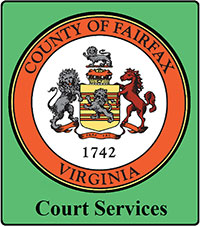
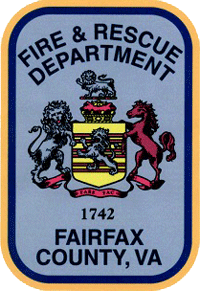
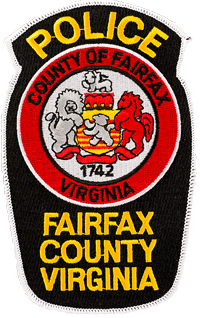
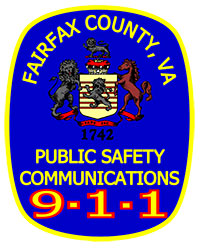
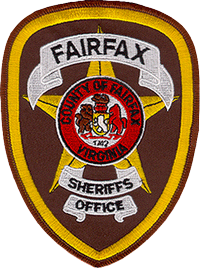
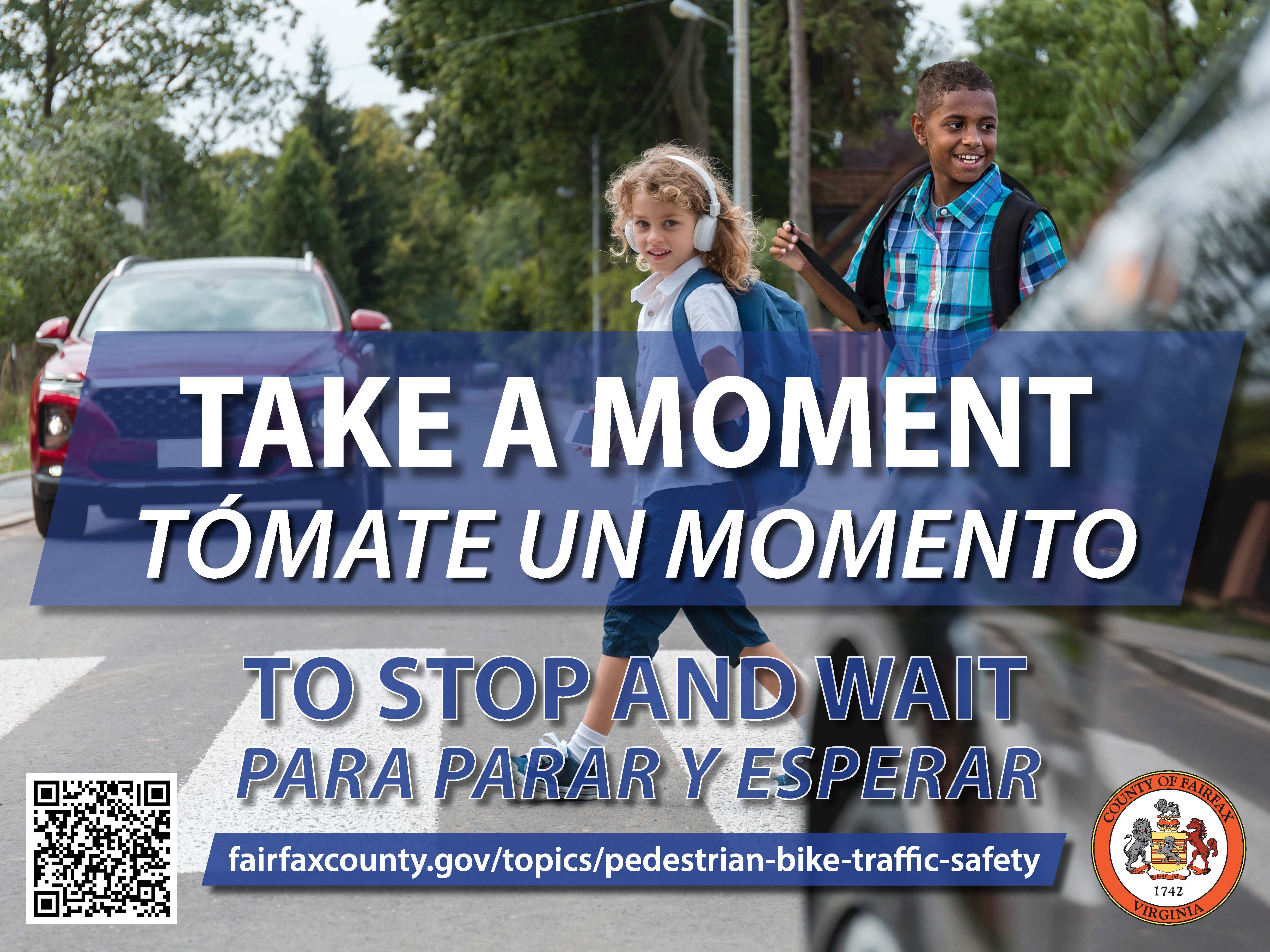 Our communications toolkit provides social media posts, newsletter messages, signs, flyers and more. Help spread the word about pedestrian, bicycle and traffic safety!
Our communications toolkit provides social media posts, newsletter messages, signs, flyers and more. Help spread the word about pedestrian, bicycle and traffic safety!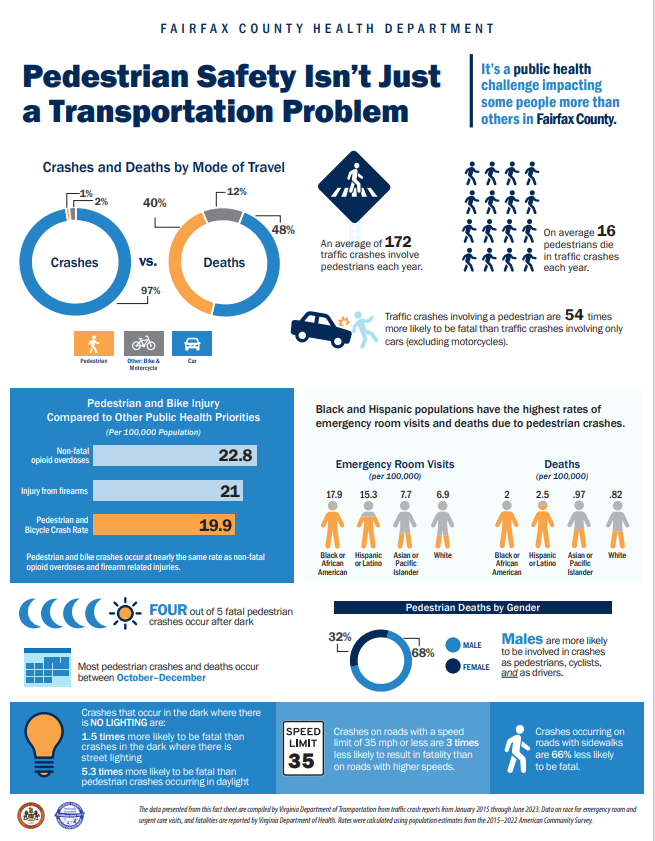
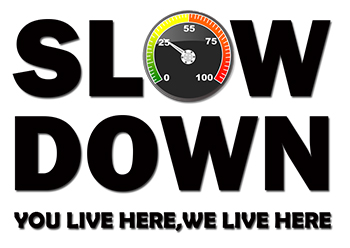 Speeding is a major issue in our neighborhoods:
Speeding is a major issue in our neighborhoods: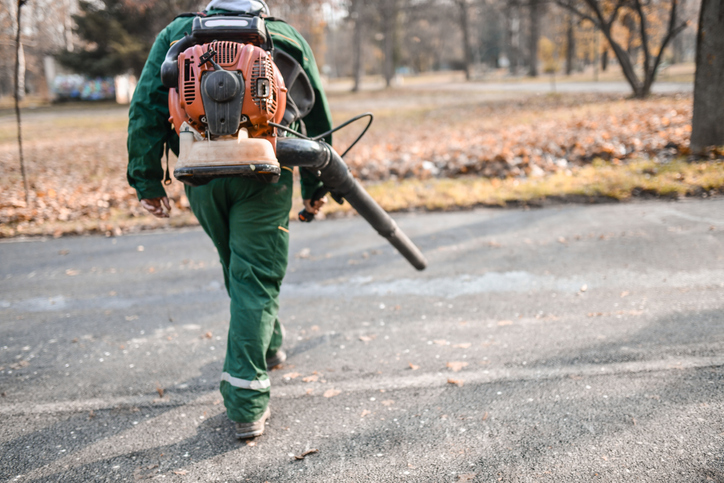 Having a gas-powered leaf blower operating in your vicinity is like inviting someone to blow a cloud of potentially dangerous chemicals, dust, and other pollutants in your direction. A gas-powered leaf blower produces exhaust containing both hydrocarbons and nitrous oxides both of which are components of smog.
Having a gas-powered leaf blower operating in your vicinity is like inviting someone to blow a cloud of potentially dangerous chemicals, dust, and other pollutants in your direction. A gas-powered leaf blower produces exhaust containing both hydrocarbons and nitrous oxides both of which are components of smog. t only annoying, it’s also a health risk, both to the person operating the machinery and to those nearby. This exposure can lead to hearing loss, headaches and hypertension.
t only annoying, it’s also a health risk, both to the person operating the machinery and to those nearby. This exposure can lead to hearing loss, headaches and hypertension. Apart from the health impacts, gas-powered lawn equipment plays a significant and unfortunate role in our contribution to climate change.
Apart from the health impacts, gas-powered lawn equipment plays a significant and unfortunate role in our contribution to climate change.
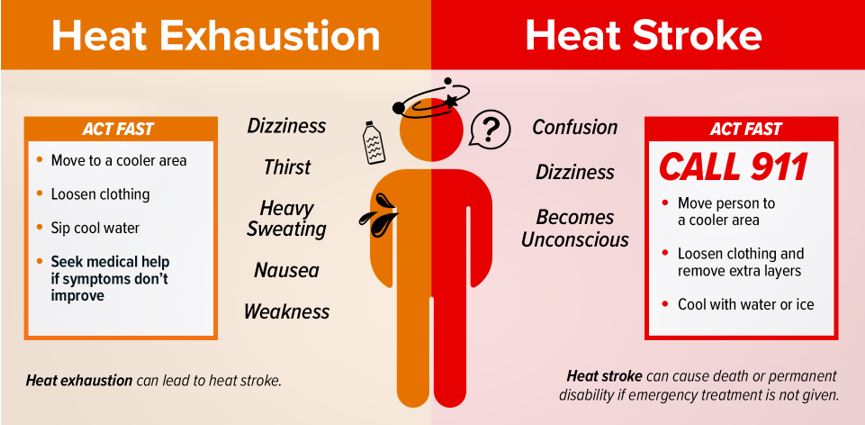
 The Fairfax Alerts system delivers important emergency alerts, notifications and updates during a major crisis or emergency.
The Fairfax Alerts system delivers important emergency alerts, notifications and updates during a major crisis or emergency.